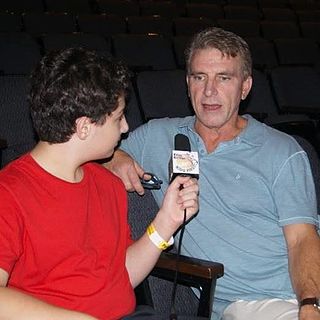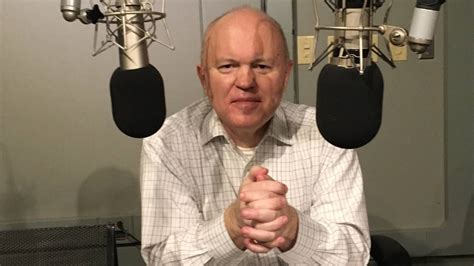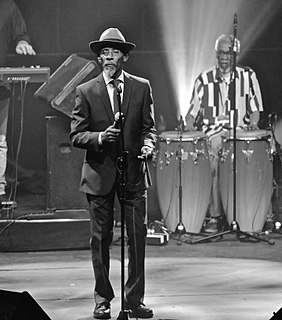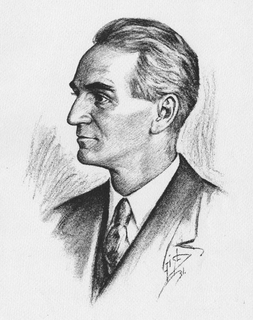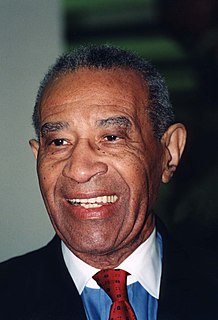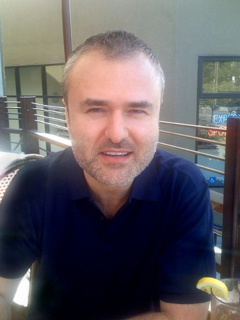A Quote by C. S. Lewis
Music. A meaningless acceleration in the rhythm of celestial experience.
Quote Topics
Related Quotes
Human existence is a brutal experience to me... it's a brutal, meaningless experience - an agonizing, meaningless experience with some oases, delight, some charm and peace, but these are just small oases. Overall, it is a brutal, terrible experience, and so it salvation is what can you do to alleviate the agony of the human condition, the human predicament? That is what interests me the most.
....the popular music of Jamaica, the music of the people, is an essentially experiential music, not merely in the sense that the people experience the music, but also in the sense that the music is true to the historical experience, that the music reflects the historical experience. It is the spiritual expression of the historical experience of the Afro-Jamaican.
But the soul of Africa, its integrity, the slow inexorable pulse of its life, is its own and of such singular rhythm that no outsider, unless steeped from childhood in its endless, even beat, can ever hope to experience it, except only as a bystander might experience a Masai war dance knowing nothing of its music nor the meaning of its steps.


